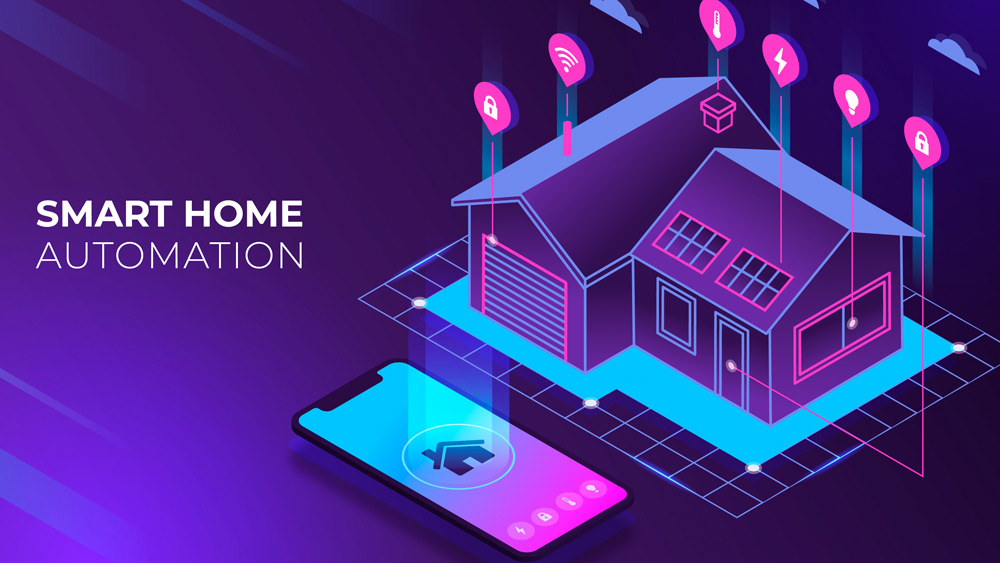Smart homes are housing systems that are automated by remoting systems and regulated by electronic devices. They are the ultimate union of technology, convenience, and security. They are very convenient and latest regarding technology and are also pretty expensive.
They are usually common in highly developed areas with good economic conditions! These homes are remote control operated and are also smartphone and computer-controlled.
Elaboration Of Tasks Performed
Installation Details
They are still quite expensive and installation requires some technical knowledge, but it’s worth it.
Some devices must be wired, while others operate wirelessly over WiFi, Bluetooth, ZigBee, or other protocols. If you know how to do it, each of the options is convenient and simple!
All things have both positive and negative aspects. Smart homes also have some advantages and disadvantages, which are explained in detail below.
Advantages
- Coordinating And Interconnecting Devices
The networking of devices leads to an overall better living experience. Your alarm clock rings, the curtains open automatically, and the coffee machine and radio turn on. - Remote Operated
The systems are controlled via smartphone or remote control, which makes them so easy and efficient for their users. - Safe And Reliable
These systems are very safe and reliable, as errors occur very rarely if ever. - Monitoring and observation
They help you keep an eye on things when you are away from home. You can check on your loved ones, such as your elderly family members, children, and pets. This advanced and simple monitoring makes you carefree on the go. - Energy saving
They help you save electricity. These systems consume very little power themselves, but save a lot by switching off lamps and devices that are not currently needed easily.
In short, these systems are very good for creating a balance in your life by not having to worry about unimportant tasks. They regulate your daily routine while saving you time and energy. They have revolutionized the way of life and are a small miracle of technology
Disadvantages
Now to the second aspect: we must also be aware of the shortcomings of these systems.
- Unaffordable
These systems are very expensive, and it is not easy for everyone to install them. The price range is too high for many, and it adds up to quite a bit per bulb and switch. Therefore, they are still less common as of today. - Depending on your internet connection
They are very dependent on the Internet. If the Internet is not available, it works slowly or not at all. - Locking yourself out of your own house
It sounds like a nightmare, but yes, it’s true. Depending on the method you use, you can accidentally lock yourself out. But the same thing can happen if you forget your keys at home.
Final Thoughts
Perhaps you have all heard that “necessity is the mother of invention”. This justifies the installation of such devices in our homes, which make our lives easier and happier.
There is only one helpful advice: have such devices installed by professional and experienced contractors if you can’t do it yourself, and do your research before installing such devices.

